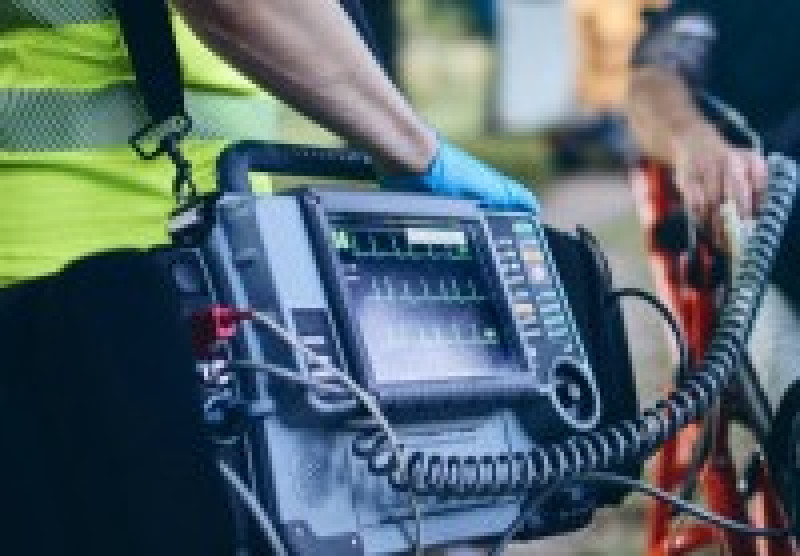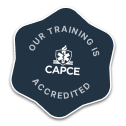
You have completed your paramedic program. How exciting! You put in a great deal of time, energy, hard work, and money towards this goal, and you have finally accomplished it. But what’s next? Obtaining a job in the field of EMS can be daunting. Whether you choose to work for a fire department, private ambulance service, hospital, or clinic, you will be faced with confronting the "unknown" daily. In most cases, you will have no real idea of who you will encounter that day, what you will see, or what skills you will be required to perform. Additionally, you will likely work long hours, and be stretched to your limits mentally and physically. It is not an easy job, and hopefully no one has led you to believe it will be, but it can be incredibly rewarding.
Although there are not a substantial number of studies focusing on a paramedic’s first year on the job, it is clear that many new paramedics just completing their internship and entering the workforce feel they are thrown into an environment they do not feel adequately prepared for.1 It is an overwhelming, daunting, and intimidating time in a new medic’s career when he/she is placed in a leadership role amongst crew members, and the new medics often feel that “traumatic events can be a springboard for personal growth or psychological decay.”1 Much of this stress likely comes from the substantial amount of information learned in a relatively short amount of time, and the anxiety many students already feel in school when learning this information.2 Compounding this is the brief internship period, where only a small number of situations can possibly be experienced by the student. After a short program and a brief internship, a new medic now understands just how much he/she has not yet experienced and feels a bit crippled by that fear. However, what is clear is that the on-the-job learning is extremely valuable, and a paramedic’s education continues and deepens as he/she finds a career where coworkers provide support, wisdom, and knowledge to the new medic.1
While it is hard to describe exactly what a paramedic’s first year on the job will look like, there is a lot of research surrounding career paramedics. Examining the physical, mental, and emotional health of an individual who has been in this career for ten, twenty, or thirty-plus years can be extremely helpful to a new medic looking to create healthy habits early in his/her career. For example, much research indicates that paramedic's experience extremely high levels of fatigue while at work.3 So, as a new paramedic, it would be beneficial to develop healthy sleep patterns while at home. Also, levels of stress and burnout are extraordinarily high amongst career paramedics, which can lead to mental health problems. This means that new paramedics (specifically in their first year) should develop habits of self-care and early identification of stressors in order to better manage their own personal mental and physical health throughout their career.4
The first year as a paramedic will, in virtually all cases, be a steep learning curve. While many medics come out of school with substantial book knowledge; on-scene management, patient interaction, rapid decision making, and stress management are all skills that are learned, honed, and perfected over time. Therefore, it is important that medics enter the field humble, but confident; willing to accept constructive criticism in the understanding that mistakes will happen, but daily striving to take care of both themselves and their patients to the best of their abilities.
References
- Kennedy, S., Kenny, A., O’Meara, P. Student Paramedic Experience of Transition into the Workforce: A Scoping Review. Science Direct website. Available at: https://www.sciencedirect.com/science/article/pii/S0260691715001872. Accessed February 25, 2019.
- Caffey, M., Crane, J., Ireland, M. Paramedic Student Anxiety Levels Towards Topics in Applied Pharmacology at a Regional University in Australia. Australasian Jounarl of Paramedicine website. Available at: https://ajp.paramedics.org/index.php/ajp/article/view/491. Accessed February 25, 2019.
- Sofianopoulos, S., Williams, B., Archer, F., Thompson, B. The Exploration of Physical Fatigue, Sleep and Depression in Paramedics: A Pilot Study. Journal of Emergency Primary Health Care website. Available at: https://ajp.paramedics.org/index.php/ajp/article/view/37/52. Accessed February 25, 2019.
- Mishra, S., Goebert, D., Char, E., et. al. Trauma Exposure and Symptoms of Post-Traumatic Stress Disorder in Emergency Medical Services Personnel in Hawaii. BMJ Emergency Medicine Journal website. Available at: https://emj.bmj.com/content/27/9/708.short. Accessed February 25, 2019.
- Dozens of courses and topics
- State-specific requirements
- We report to CAPCE in real time


